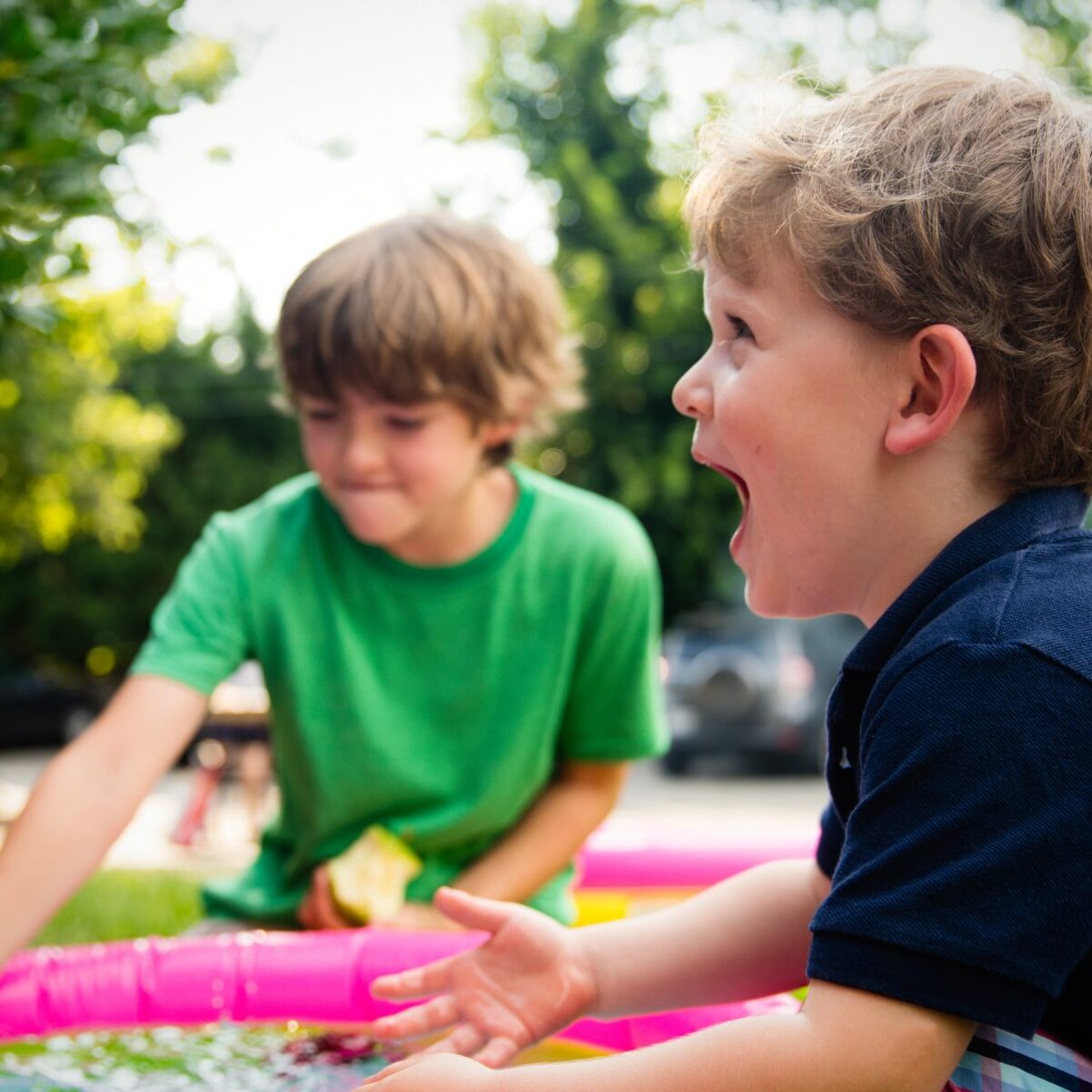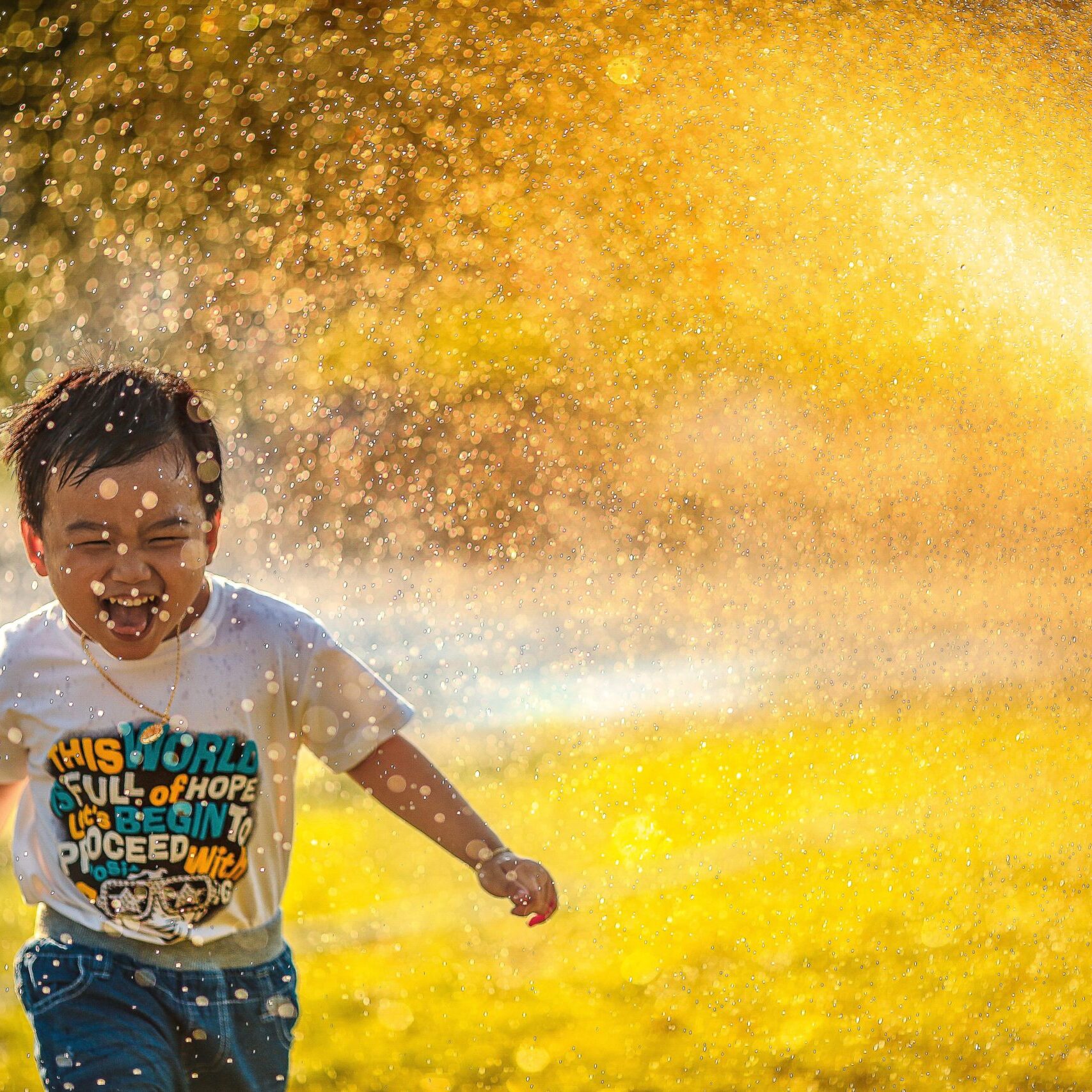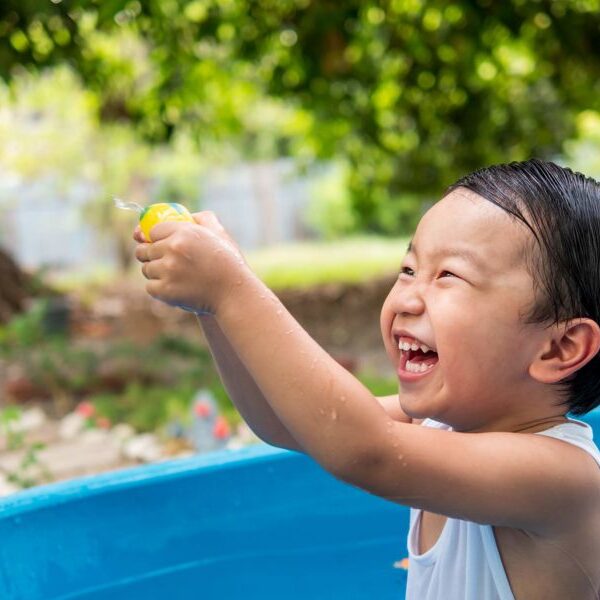
ABOUT THE AUTHOR
Jo Ellen Simonsen
KinFirst Program Manager
Jo previously worked at Kinnect as the OhioKAN Region 2 Director, where she led the region to serve families from eight counties in the northern part of the state. Before coming to Kinnect, she worked for 17 years at the Ohio Domestic Violence Network, most recently as the Family Systems Advocacy Director. In her work at ODVN, she nurtured cross-system and multidisciplinary partnerships, managed a federal demonstration project serving young victims of crime, developed and designed programs, supervised and trained staff, and more. Jo also privately consults as an expert witness on domestic violence in civil and criminal cases. She earned a BA from Wittenberg University in Springfield, Ohio, and holds training certifications from the Ohio Child Welfare Training Program and the National Council for Behavioral Health, among others. Jo is also a board member of the Wynford Education Foundation.
While your school may already strive to be welcoming for all children, there are several steps you can take to help children in kinship care be successful in school.
- Need to know. Educators need to know and understand the individual child or youth and their experiences to be able to properly educate them. Kinship caregivers can help schools understand a child’s unique history.
- Child well-being. Children separated from parents have almost always experienced trauma, grief or loss, which can negatively impact mental health and overall well-being. Kinship caregivers help to support well-being by preserving important relationships and attending to safety and stability. Students with greater well-being are more likely to gain mastery of skills, achieve goals, access their creativity and generally flourish.
- Learning loss and recovery. Trauma, grief, and loss can impact a student’s ability to focus or concentrate. Teachers, school social workers, and psychologists are best able to detect and address learning gaps. With the support of the school and caregivers, learning loss is, in many cases, recoverable.
- Trauma responses. Individual responses to trauma vary, but reactions may show up as problematic behaviors in the classroom and at school-based events. When school personnel can identify disruptive behaviors as trauma responses, they are more able to offer appropriate behavioral interventions and care.
- Social-Emotional Learning. Family instability and transitions between homes can disrupt a child’s social-emotional learning. Schools can help facilitate positive peer connections that support teamwork, group learning, and conflict resolution.
- Stigma and self-esteem. The experiences that brought the child into kinship care may affect their self-perception. Self-perception can undermine confidence in learning and how a young person or child accepts feedback or correction.
- Structure and stability. Schools can provide predictable schedules and familiar spaces and faces, which help to rebuild a sense of security.
- It’s been a minute! Parenting 2.0. Grandparents and older caregivers are separated by generations from raising school-aged children. Schools need to identify and support families struggling with technological resources for learning.
- Resources exist. Schools can leverage district tools, events, and community supports to benefit kinship youth and their caregivers. Directing families to programs that can assist with available kinship-specific benefits lightens the load.
- Inclusion. Healthy school cultures are inclusive and welcome diversity. Schools that normalize the varied makeup of families and caregiver relationships, and use more broadly relevant language and learning materials, build inclusivity.
- Bonus idea: They are us, and we are them. There are very likely staff today in your school who have stepped up to be a kinship caregiver to a child.
For even more insight into Creating Kinship Friendly Schools, stay tuned for the full report to be published this fall, created in partnership by Ohio Kinship and Adoption Network (OhioKAN) and the Ohio School-Based Center of Excellence for Prevention & Early Intervention.


















